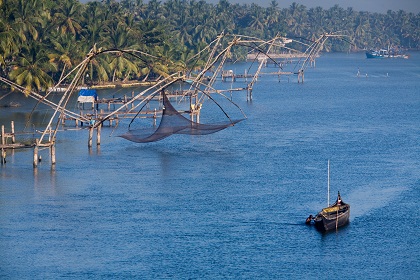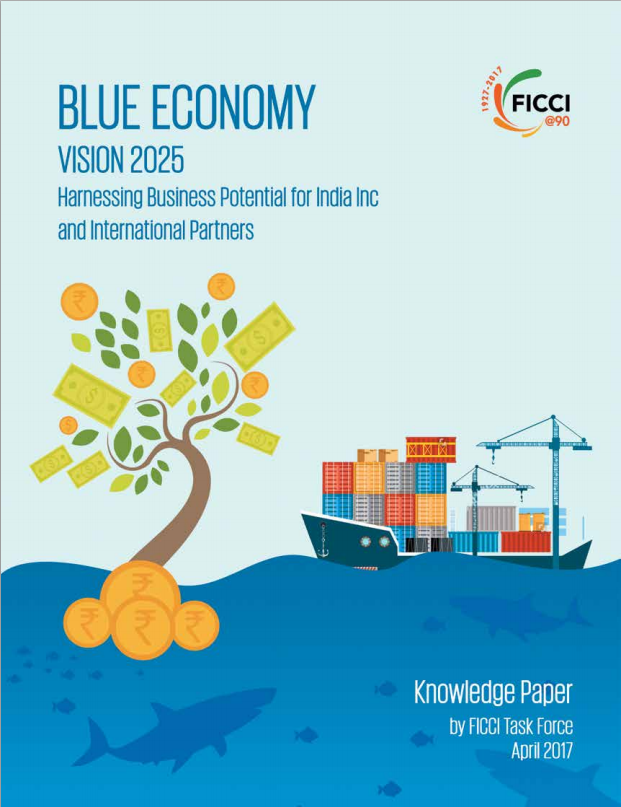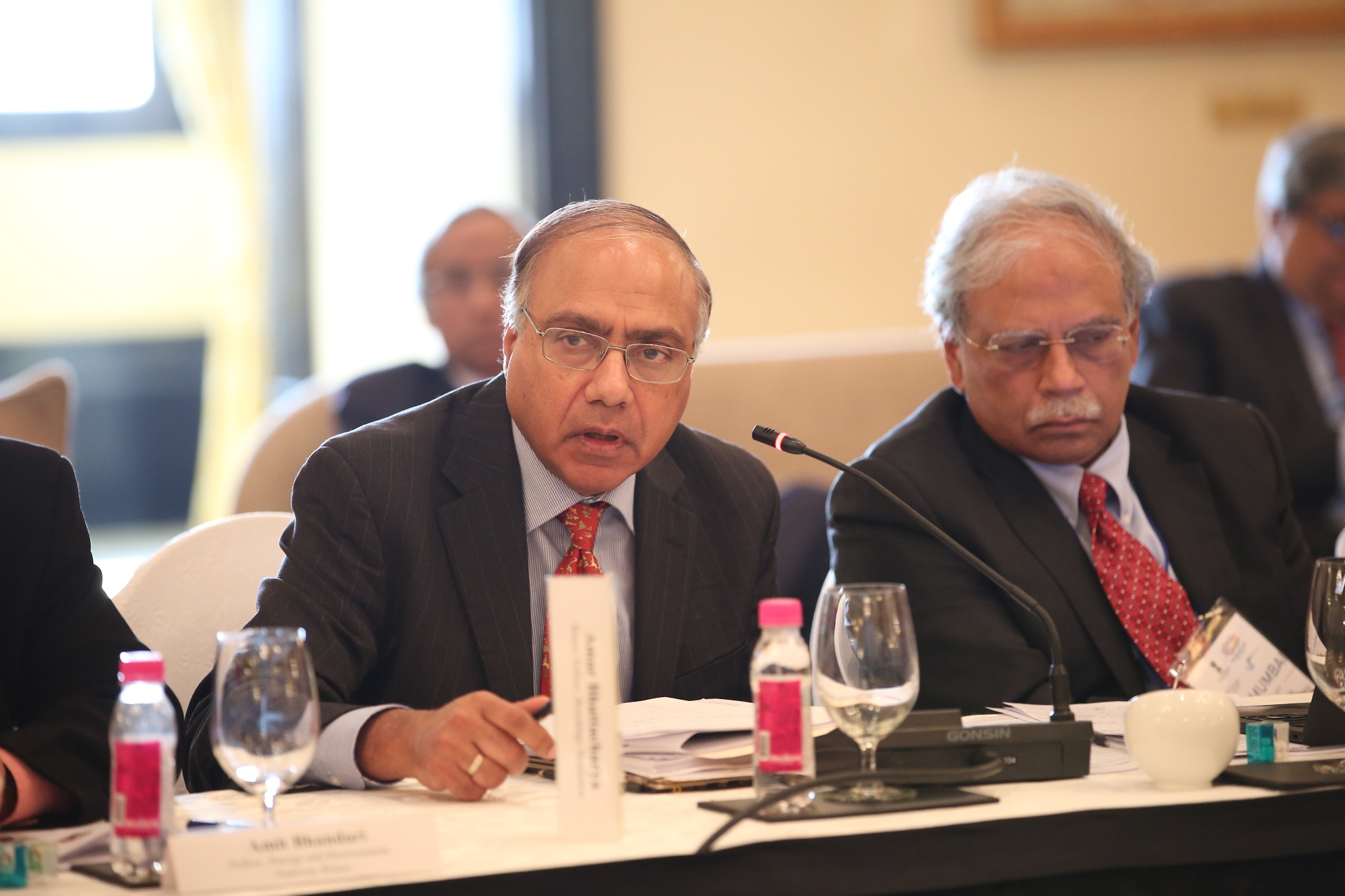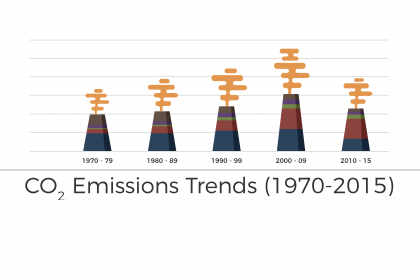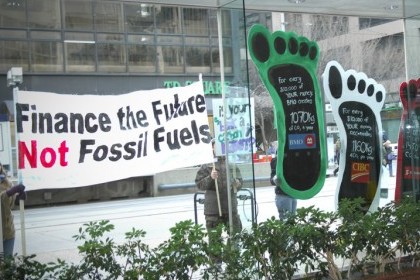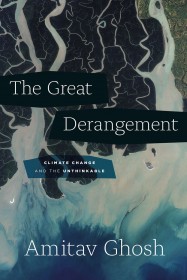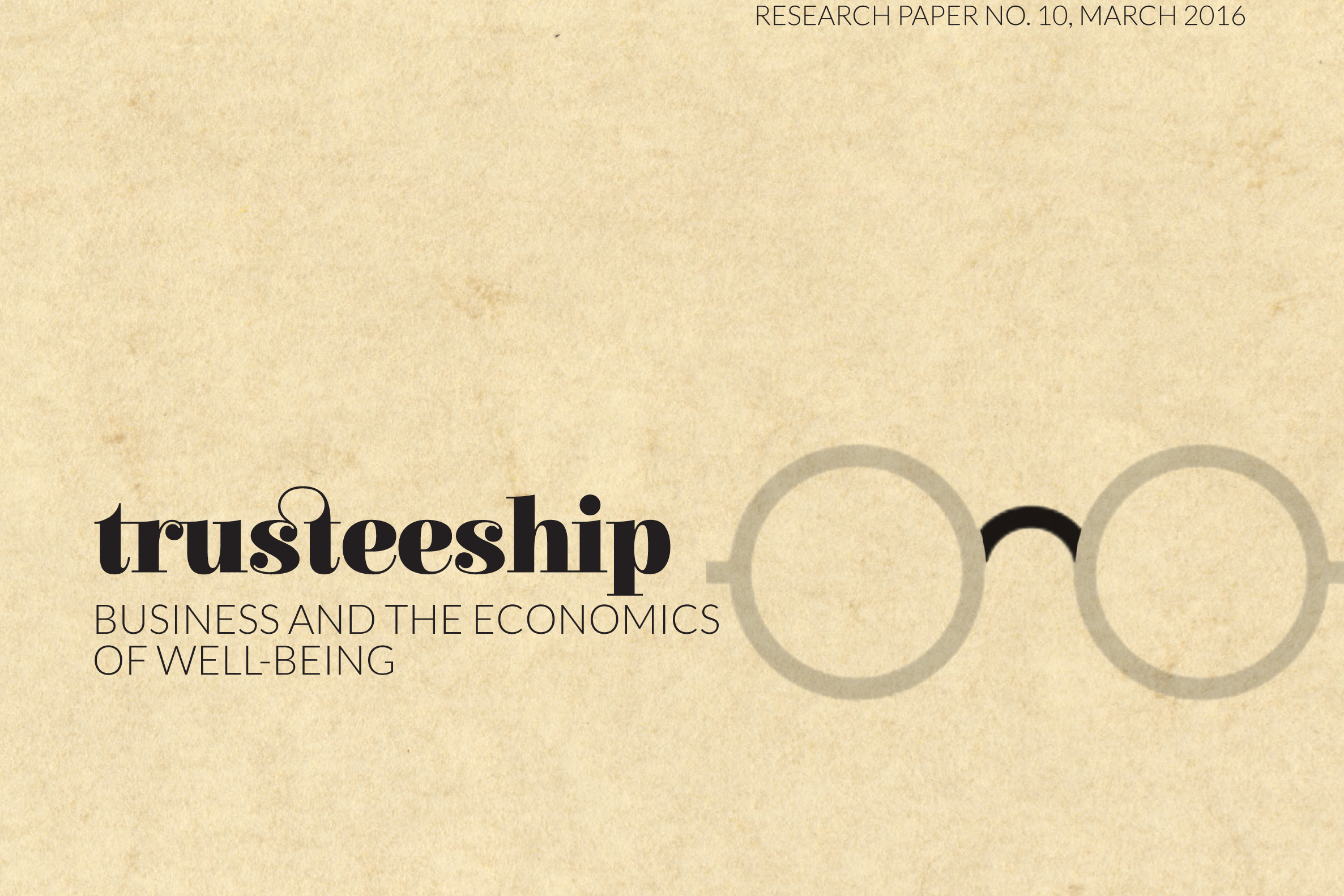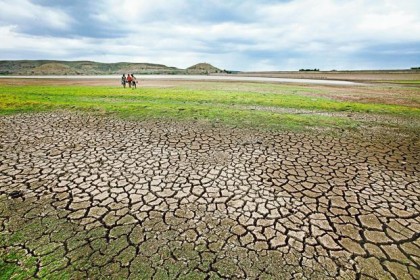How India can keep the oceans prosperous
The notion of the oceans and seas as a global common is under severe test. National and regional interests are winning over the urgency to maintain their well being while competition to exploit the many commercial opportunities they present is ever increasing. The task at hand is to stop ocean decline – and India can play a transformative role in this

